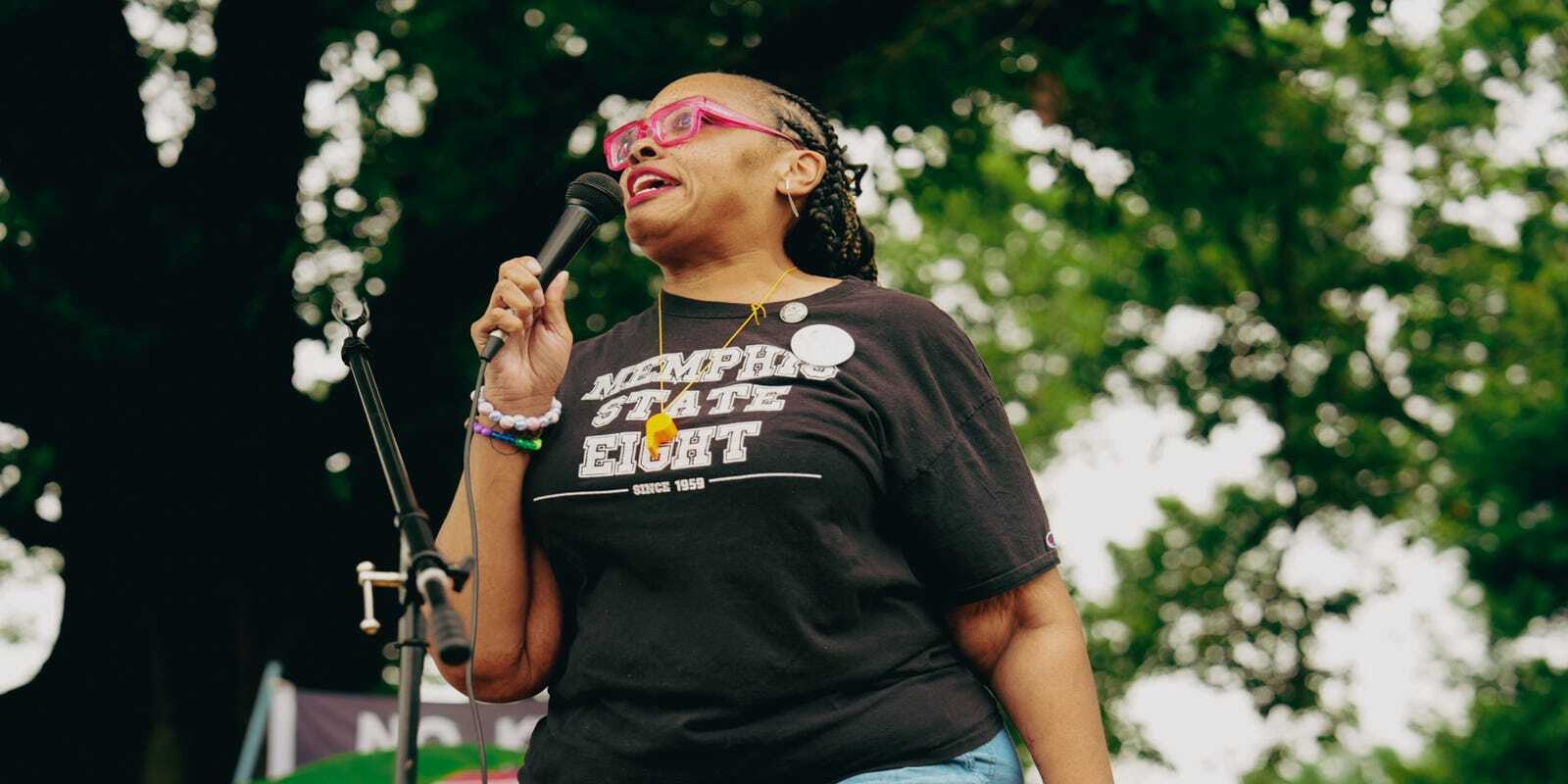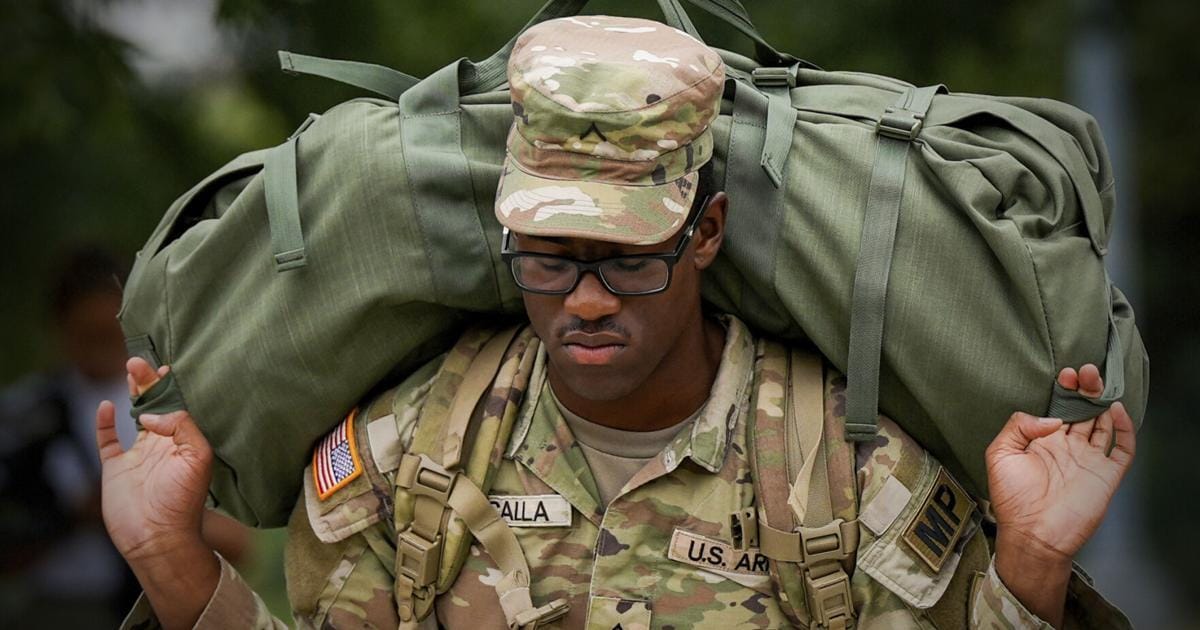- BlackVoter.Org
- Posts
- BlackVoter.Org
BlackVoter.Org


In a passionate call to action, Tami Sawyer argues that Memphis deserves better leadership during turbulent times. She reflects on the growing disillusionment with politicians across party lines, as rising costs, safety concerns, and political infighting paralyze effective governance.
Rather than substantive discussions on pressing issues like jail overcrowding and gun violence, meetings devolve into petty disputes, leaving constituents frustrated and unheard. Sawyer candidly admits her own shortfalls as an elected official and emphasizes the urgent need for leaders who prioritize people over politics.
She advocates for collaboration and meaningful action to address the city's challenges, lamenting that today's theatrics in politics distract from urgent needs. By highlighting the real struggles of Memphis residents, she calls for a rejuvenated commitment to public service that goes beyond rhetoric, demanding tangible results that truly uplift the community.
The rallying cry is clear: it's time for leaders to act decisively for the betterment of Memphis.


Los Angeles City Councilmember Curren Price is in hot water again, facing new corruption charges from the LA County District Attorney’s Office. These latest allegations suggest that Price's wife received over $800,000 from the city's housing authority and LA Metro prior to his votes on substantial contracts for those agencies.
This isn't his first legal battle; Price has previously been charged with embezzlement, perjury, and conflict of interest after his wife’s company reportedly benefited financially from projects he endorsed. The DA has called out Price's actions as a betrayal of public trust, stating that self-dealing and "pay-to-play" politics will not be tolerated.
As Price prepares for his arraignment, he continues to assert his innocence.

In the latest commentary from the Black Kos community, Denise Oliver-Velez critiques Donald Trump's recent actions in Washington, D.C.
, highlighting a troubling pattern of using Black residents as pawns in a political game. As he deploys the National Guard—a move seen as unnecessary amidst low crime rates—Trump's rhetoric casts African American communities in a negative light, perpetuating racial narratives.
Meanwhile, the D.C.
Home Rule Act, rooted in a history of civil rights struggles, underscores ongoing racial and political challenges faced by D.C.
residents, especially those in majority-Black neighborhoods. Baltimore Mayor Scott's response emphasizes the skewed targeting of Black-led cities in Trump’s messaging, marking a significant moment in the discourse around race, governance, and community autonomy.
As tensions rise, the "Free DC" movement protests against the federal overreach, calling for genuine representation and justice in a city historically marginalized. This multifaceted narrative reveals the confluence of politics, race, and community rights.

In a dramatic move, President Donald Trump has initiated a takeover of Washington, D.C.
's law enforcement by deploying 800 National Guard troops amid claims of a crime emergency. This controversial decision follows Trump's assertion that the city is "lawless," despite local officials reporting significant crime reductions.
National Guard members began arriving in the capital, signaling a new phase in Trump's governance as he takes control of the city’s police department for at least the next month. D.
C. Mayor Muriel Bowser has expressed her commitment to collaborating with the federal officials appointed to oversee this operation.
As tensions rise over this power shift, the national conversation centers on the implications for local governance and public safety in the capital. The unfolding situation has ignited debates around federal authority and community safety, marking a historic moment in the ongoing political landscape.

Harvard University is stirring up conversation with its new seminar titled "Race, Gender, and the Law Through the Archive," in which controversial figure Stacey Abrams is touted as a “political mastermind,” despite her two losses in Georgia’s gubernatorial race. The course, aimed at exploring the intersection of race and gender in shaping American laws, features Abrams alongside notable names like Michelle Obama and Kamala Harris.
However, its launch is not without gaffes—her name is misspelled in the course description! Led by professor Myisha Eatmon, known for her bold views on race, the course promises to dive deep into how Black women and non-binary figures have historically influenced politics. The seminar has ignited debates about Abrams' political legacy and the broader implications of the course’s content.

The NAACP is ramping up efforts to mobilize Black voters ahead of the critical 2026 midterm elections with a series of national town halls. These events aim to energize communities, tackle pressing local and national issues, and combat what the organization calls “attacks on democracy.
” NAACP President Derrick Johnson emphasized the urgency of early organizing, warning that the outcome of the midterms could significantly impact democratic processes. The first town hall kicks off in New Jersey, featuring influential local leaders.
As they connect past struggles for liberation to today's demands, the NAACP plans to engage voters through grassroots initiatives, volunteer recruitment, and door-to-door outreach. Following a successful $20 million investment in the 2024 election, which mobilized over 14.
5 million Black voters, the NAACP's town halls promise to be a crucial platform for civic engagement as they navigate contentious redistricting battles in several states.

In "A Black Moses: The Quest for a Promised African-American Land in Oklahoma," Caleb Gayle explores the ambitious journey of Edward McCabe, a visionary who sought to create a thriving African-American enclave in Oklahoma during the late 19th century. Drawing from his experiences on Wall Street and his knack for “selling dreams,” McCabe inspired thousands to relocate and establish over fifty all-Black towns, envisioning a self-governed future.
However, his dream faced harsh realities as Oklahoma succumbed to Jim Crow laws, dashing hopes for a Black state. Gayle's vivid narrative highlights McCabe's transformation, the tragic patterns of American politics, and the resilience of Black communities.
As McCabe’s story unfolds, it serves as both a beacon of aspiration and a poignant reminder of the enduring struggles for Black rights and belonging in America—stories that demand not just to be remembered, but celebrated.